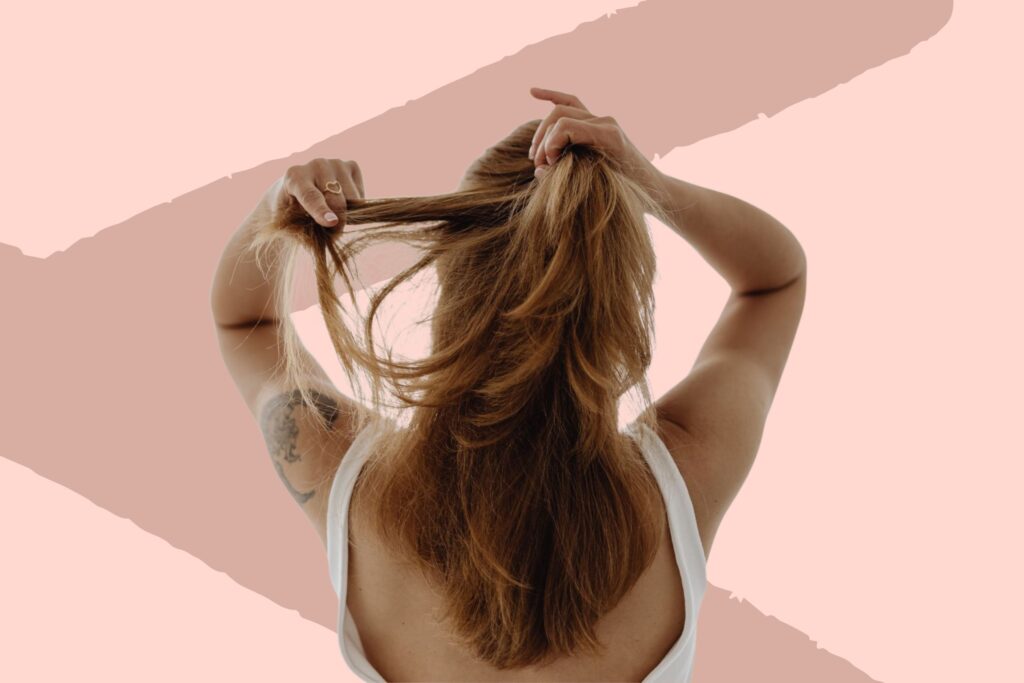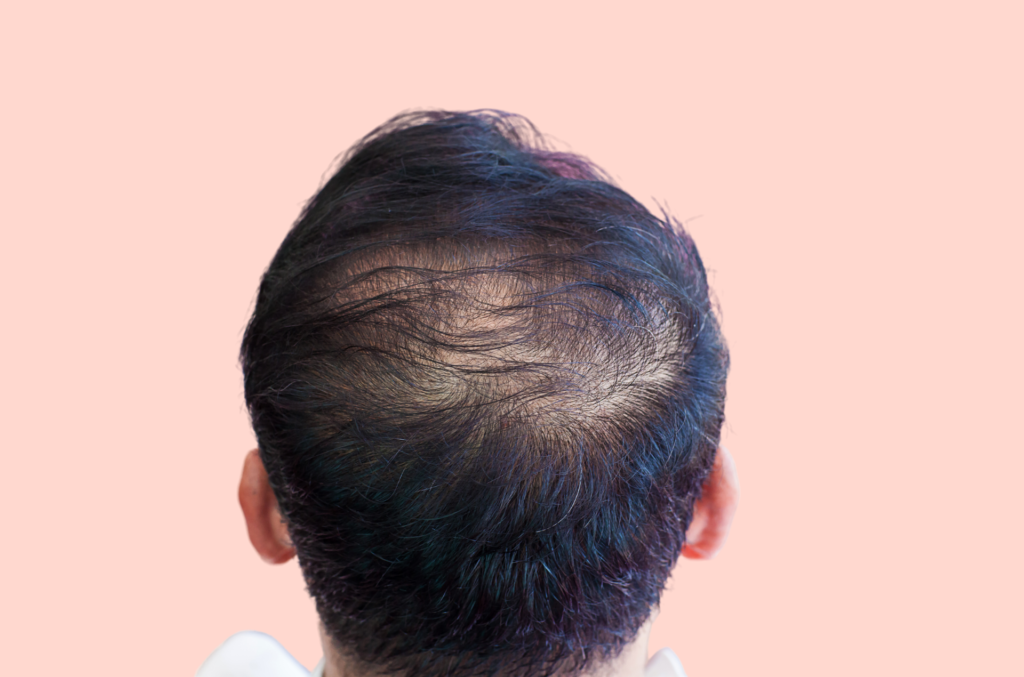Whether you’re a man, a woman or you identify as non-binary, the likelihood is high that at some point in your life, you’re going to deal with hair loss in one form or another. Whilst many embrace a new, often clean shaven look with gusto, the loss of hair for others can represent one of life’s defining moments; a sign that change and the passing of time is inevitable and unstoppable.
There are many reasons why hair loss occurs, including hormonal changes, a side effect of necessary medication, ageing, and genes. Rather than treating hair loss like a bereavement, the good news for those particularly troubled by its onset is this; there are ways to remedy the loss of hair.
Prior to embarking on any procedure, it’s first important to be as well informed as possible. With that in mind, here is our IDEAL guide to the symptoms, causes and potentially preventing hair loss.
Signs & Symptoms Of Hair Loss
Hair loss can happen unexpectedly, especially if it has occurred despite pattern baldness not running in the family. Whatever the cause, its speed can be quickened or slowed, somewhat, depending on how you treat it. Note that hair loss can also happen in different parts of your body and you should always consult your doctor if you’re suddenly losing hair. That said, some signs of the onset of hair loss include:
- Bald patchy spots around the head
- Sudden excessive shedding of hair strands
- Gradual thinning of hair, mainly the top part of the head
- Hair, when pulled, easily falling off.

What Might Cause Hair Loss
We lose around 80 to 100 strands of hair a day and don’t even notice it. Sure, you might see a couple of strands on the floor or in the shower, but really, you shed way more than that, each and every day.
That said, if you notice that you’re losing more than you usually do, it’s best to consult with your doctor as you might be experiencing hair loss. Below are some of the common causes of hair loss which you should be aware of:
- Medication – You may be aware that medications come with side effects such as drowsiness, loss of appetite, and more. But did you know that they can sometimes also cause hair loss as a side effect?
There’s no need to stress over this; hair loss associated with medication is only temporary. Some medications which may include hair loss (particularly in the form of alopecia) as a side effect include acne medication which contains retinoids, some anti-depressants, some antibiotics and more. A more exhaustive list can be found here.
- Over zealous hairstyling – Hair styling which includes bleaching or colouring, dying, and applying certain products to the hair may also bring about temporary hair thinning.
Hair products containing chemicals – these can be unhealthy for the hair, particularly when bleaching is considered. Bleaching totally removes your natural hair colour, which can be very harmful to your hair follicles. Do use such products with caution.
- Stress – Being underpressure, overworked and not getting enough rest isn’t good for you in so many ways. And you guessed it, being stressed may also result in a weakening of your hair follicles and hair loss. With 2023’s relentless crises, and accordant rising stress, we’re surprised anyone’s got any hair left, quite honestly.
- Genetics – This is the most common cause of hair loss, especially in men. Hair loss or male pattern baldness affects 6.5 million men in the UK and generally isn’t preventable.

Tips For Potential Prevention
Popularised by Jennifer Aniston, James Nesbit, Gordon Ramsay and many more, seek professional intervention, undertaking hair loss treatments to prevent baldness, potentially.
This may not always be the most effective course of action. Hair loss is usually associated with genetics, and sadly, this is the cause which is also the hardest to deal with. People in such a situation will most likely have to seek professional treatments to improve the thickness of their hair. That said, when considering other causes, here are some of the best tips at slowing or preventing hair loss and thinning:
- Consult a doctor (usually a dermatologist) who specialises in hair loss issues. In combination with your GP, these professionals will be best informed about what medications are effective and safe for you. A specialist may also be able to which supplements are available containing the essential nutrients your hair needs.
- Don’t be rough with your hair. If you love to comb your hair, it’s best to be gentle with it. Your hair does not need all that stress from those rough brushing as it will only result in damaged hair. Instead of a brush, try using a comb which can be healthier for the hair follicles. Limit using hair styling equipment that exerts heat as well as hair products that have strong ingredients.
- Bleaching your hair is never advisable, but if you need to, only do so once every two years. Don’t ever over-bleach or routinely bleach your hair.
Employ natural methods to give your hair more volume, which we’ve detailed in this article on tips for fuller looking hair today. Check it out!





